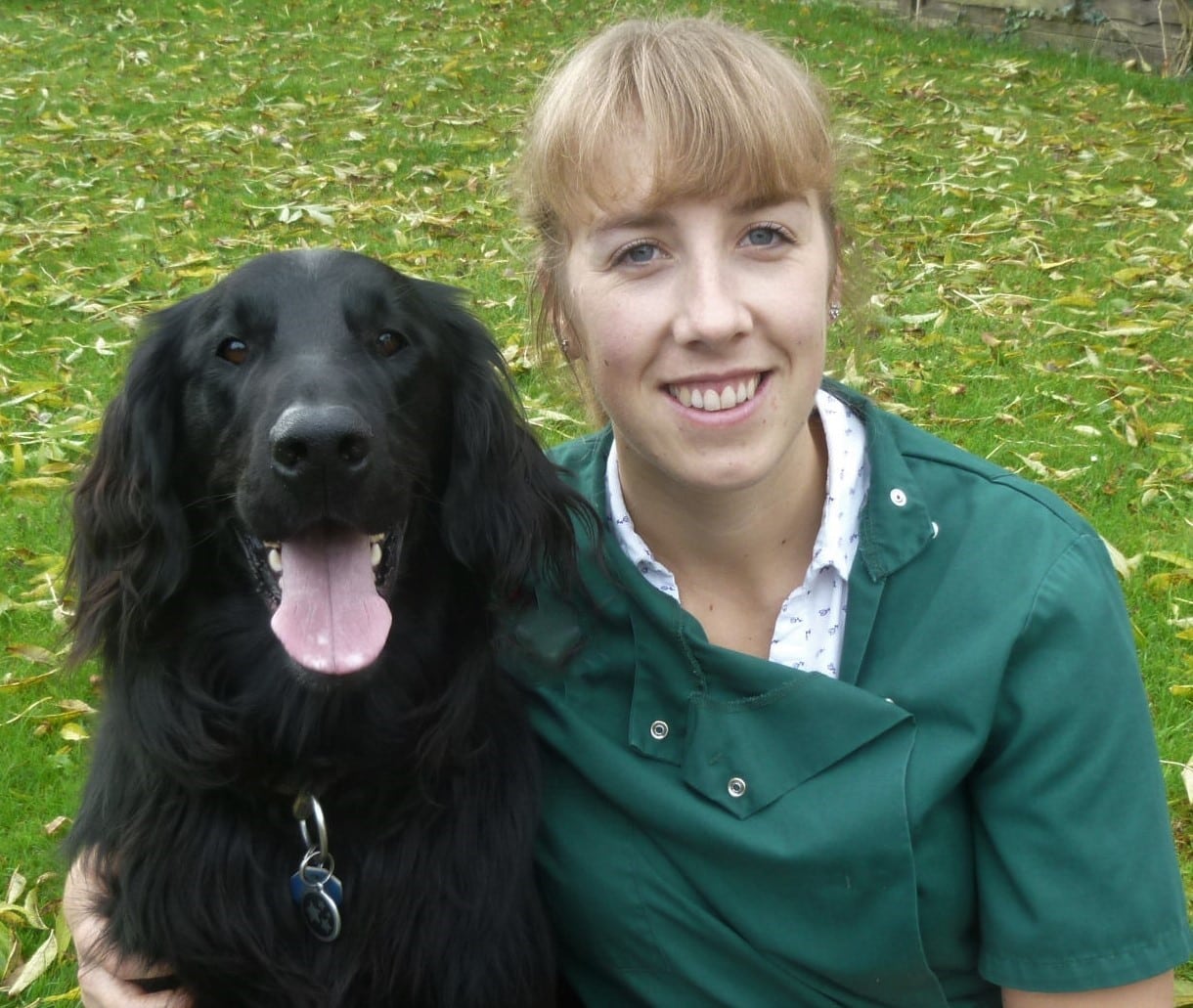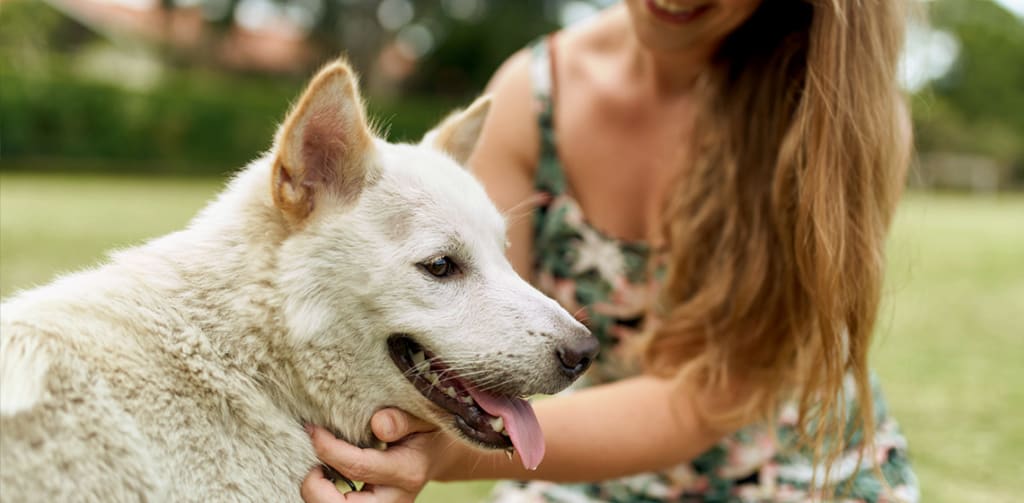Fostering is a great way of helping animals in need and making a real difference to rescue centers, which are often under great strain. You will be playing an important part in preparing a dog for his permanent home when he is eventually adopted. You are probably reading this article because you are interested in fostering yourself, so read on to find out more about what to expect.
Table of Contents
Why foster?
Foster carers can provide a home environment for any animal that needs one, but especially those that are recovering from surgery and need a bit of extra TLC, or perhaps young animals that need help with socialization and training. Some animals are just not cut out to living in kennels, like elderly or nervous dogs, and will do best when placed with a family. Sometimes the centers are just too full and they need to free up kennel space for more dogs, so fostering can help take the pressure off these charities.
Many people want to make a practical difference for animals in need and this can be a great way to do just that. You will also be rewarded with the companionship of a furry friend during this time, as well as a great sense of achievement when they finally go off to their forever home.
You also don’t have the long-term commitments that keeping a dog of your own presents. Some foster carers may decide to take a little break in between different dogs, or others may go straight into their next one – it’s up to you. You may also want to try fostering to see what dog parenting is like before deciding whether to take the permanent plunge yourself.
Who can foster?
Age of foster carer
Foster carers need to be over 18 years of age and ideally able to travel to their local rescue center regularly for veterinary checkups or for your foster dog to meet potential adopters who are looking to offer him a permanent home. You may need permission from a landlord before fostering, and the center may want to check whether you have a big and secure enough yard for the dogs in your care.
Work commitments
The role may not be suitable for someone who works full time, as they could struggle to get to regular weekday appointments at the center. Full-time workers may not be able to give the dog enough time and attention while in their care, which undermines the reason why these dogs are being placed in a home rather than a kennel environment in the first place. Individual circumstances will be assessed by the adoption center, but it’s something to bear in mind when deciding whether to apply.
Children / other pets
The other thing to consider is that foster carers who don’t have young children or other pets are usually able to offer a temporary home to a wider range of dogs. Many rescue dogs need one-on-one attention, and their behavior around children and pets may be variable depending on their previous training.
Dogs with certain issues
Foster dogs come in all shapes and sizes, and while a match will be made by the rehoming center between yourself and any potential foster dogs, it is worth bearing in mind that many of these dogs have some form of behavioral, training, or healthcare issue. So, ensure you have enough time, energy, and patience before going down the road of fostering.
It’s always worth approaching your local charity though and having discussions directly with them about the feasibility of your home.
You need to have spare time to put into the care of these animals, as well as being prepared to say goodbye when they eventually leave for their forever home.
How do you become a fosterer?
To become a fosterer you will need to approach a charity or organization that specializes in rehoming and fostering animals. They will usually have an application form or a process for you to follow on their website.
Your success will depend on whether they have any vacancies for foster carers and whether (after various checks) they consider you suitable for fostering. Many centers will try and match animals with potential fosterers, depending on their individual needs, so they may not have a dog for you straight away.
Foster carers are usually provided with the equipment they need to look after the dogs placed in their care, as well as free food and medical treatment for these animals, so they shouldn’t have to fund these things themselves. They will also help you with any training or support you might need. Many centers will take on inexperienced fosterers as well as people that have been doing it for years.
Conclusion
Fostering can be a great way to make a real difference in a dog’s life. Many shelters rely on volunteer fosterers to help ease some of the pressure they face, as well as to provide the best possible care for their dogs while they await adoption. Why not try contacting a couple of local centers to see if they have any further information for you? Best of luck in your fostering journey!
FAQ
Speak to a couple of local charities/shelters to see if they need any foster carers at the moment. They may have an application process for you to follow so that they can check your suitability for the role and look at ways they might need to support you.
Fostering dogs allows you to have a furry friend in your home, to care for and enjoy the companionship of, but it is not a permanent arrangement. You are a temporary home while the foster dog is waiting for his perfect long-term pet parents to come along. For many dogs, living in a house with one-on-one attention in this way (instead of a kennel environment) is very beneficial.
Fostering dogs can be a good idea, yes, as long as you are prepared for everything it might entail. This includes dealing with dogs that may have left their previous home because they were boisterous, need training, or have healthcare needs. You need to have spare time to put into the care of these animals, as well as being prepared to say goodbye when they eventually leave for their forever home.
Most foster carers are volunteers, so this is an unpaid role. However, the dog in your care will have their food, veterinary bills, and equipment all provided. You may need to pay for your fuel to get to and from the rescue center though, so it’s worth budgeting for that.

Rebecca is a companion animal vet who has always had a passion for writing and client communication. Since her graduation from the Royal Veterinary college in 2009, she has gained a wealth of experience in first opinion small animal practice, in both clinical and managerial roles. She currently works in the South West and deals with a variety of routine and emergency appointments, but particularly enjoys medicine cases. Outside of work and writing, she enjoys spending time with her family, including her bouncy flat-coated retriever George!








